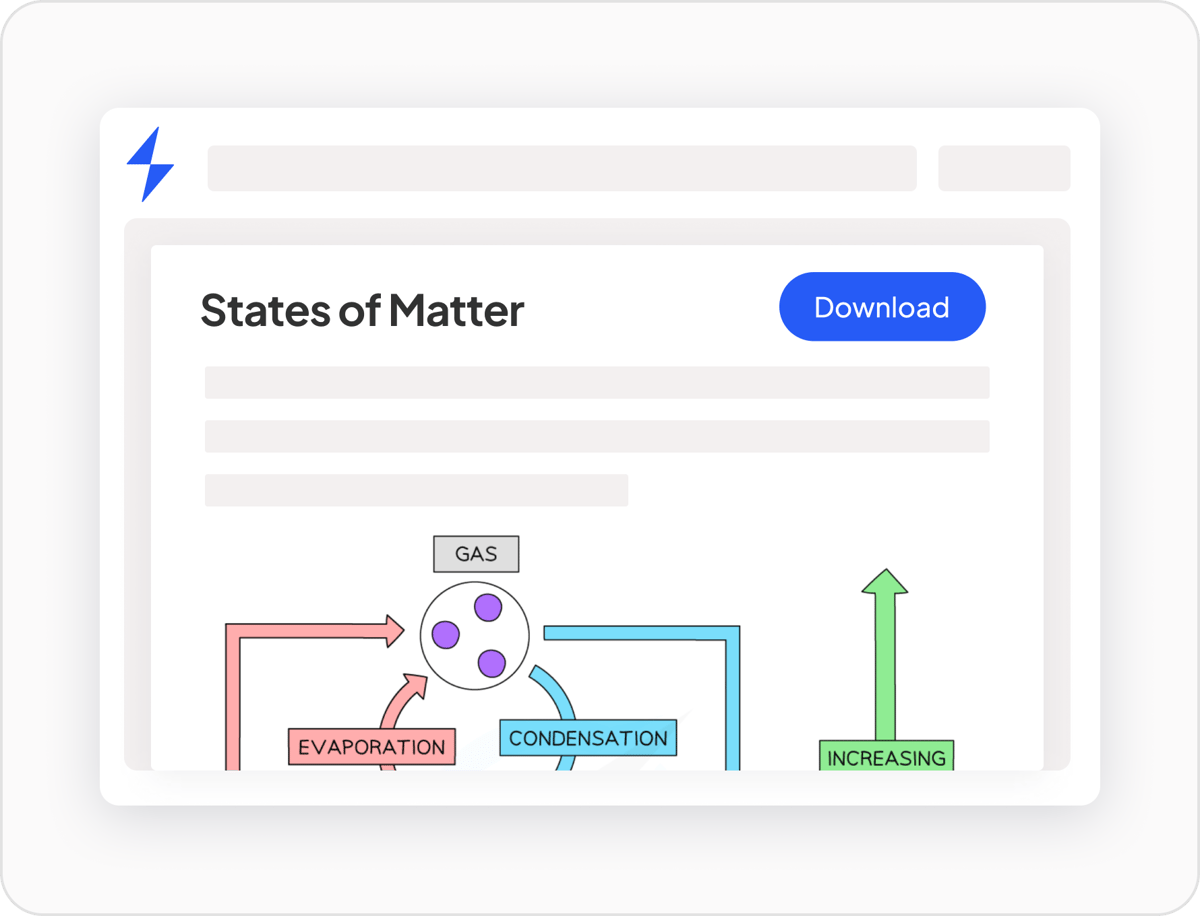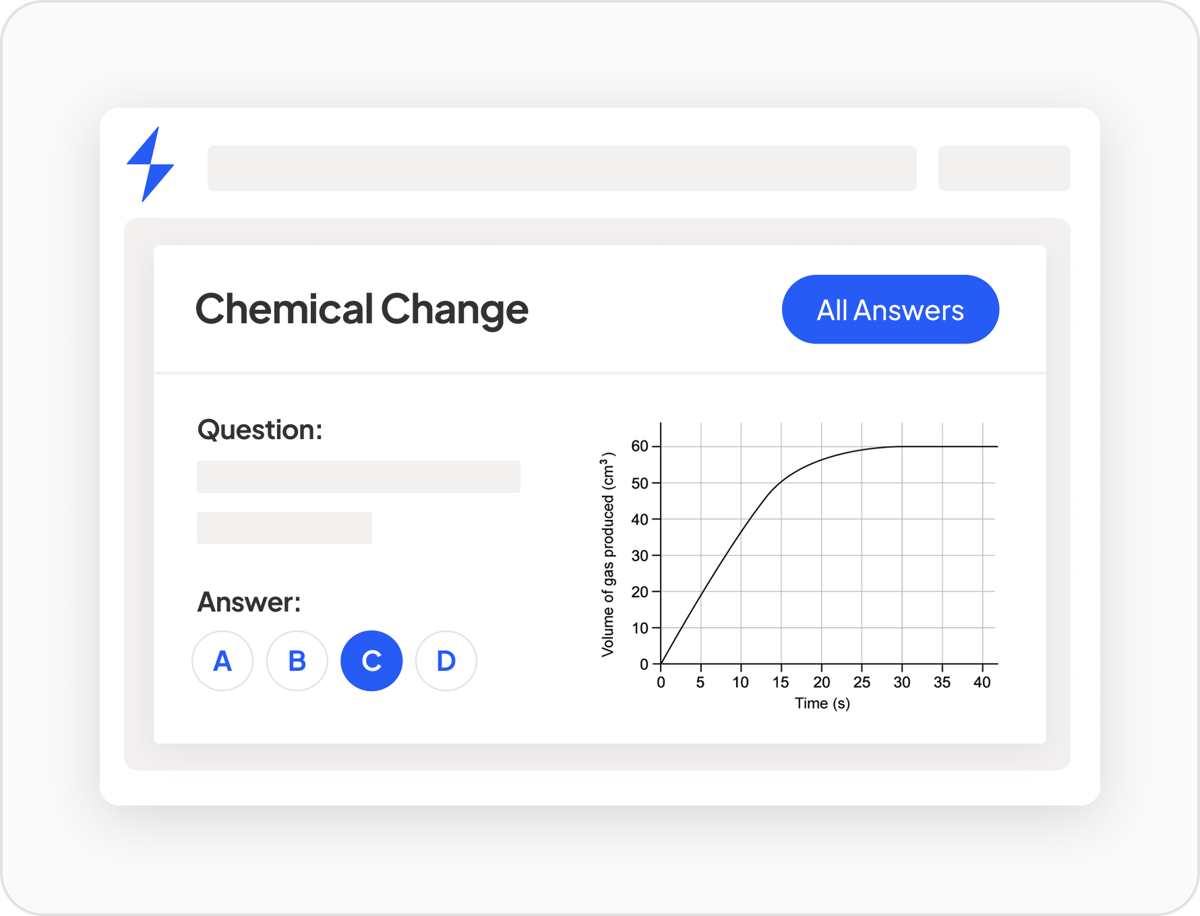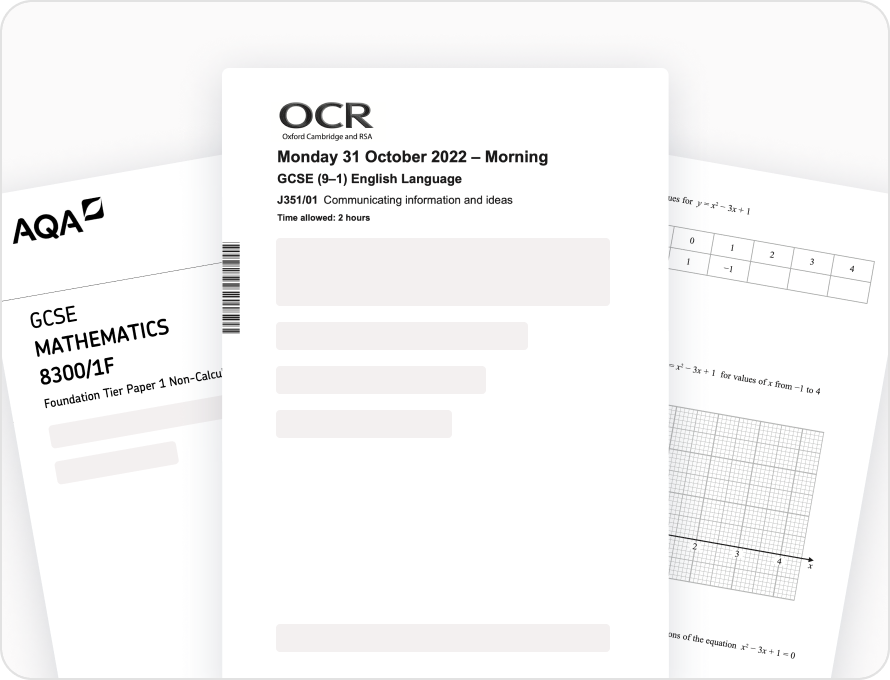AP® Subjects
Calculus AB
College Board Resources
Calculus BC
College Board Resources
Statistics
College Board Resources
US History
College Board Resources
Other
- Art & Design: 2D
- Art History
- Chinese Language & Culture
- Comparative Government & Politics
- Computer Science A
- Computer Science Principles
- Drawing
- English Language & Composition
- English Literature & Composition
- European History
- French Language & Culture
- German Language & Culture
- Italian Language & Culture
- Japanese Language & Culture
- Latin
- Macroeconomics
- Microeconomics
- Music Theory
- Physics 2: Algebra-Based
- Physics C: Electricity & Magnetism
- Physics C: Mechanics
- Precalculus
- Research
- Spanish Language & Culture
- Spanish Literature & Culture
- US Government & Politics
- World History
AP® revision tools
At Save My Exams, we provide expert-created Study Guides, Exam Questions & Answers, Past Exams, Flashcards and more, all tailored to help students learn efficiently and boost their grades. Our resources simplify complex topics, build confidence and make exam preparation stress-free.

AP Study Guides
Our AP study guides break complex ideas down into manageable, bite-sized chunks. Written by experts who know the AP curriculum inside out, our guides include diagrams, worked examples and examiner insights. They’re designed to help you grasp even the most complex concepts.
Read more
AP Exam Questions
Put your learning to the test with exam-style questions tailored to AP exam formats. From FRQs (Free Response Questions) to MCQs (Multiple Choice), our AP exam-style questions are sorted by topic and difficulty, so you can track your progress and sharpen your exam technique with every session.
Read more
AP Flashcards
Test your memory with our interactive GCSE flashcards. Revise key terms, definitions and phrases through active recall, making revision engaging and effective. Easily sort cards into ‘I know this’ and ‘Still learning’ piles so you can focus on what matters.
Read more
AP Practice Tests
Simulate the real AP exam experience with our full-length practice tests. Improve your technique and time management under pressure. Complete the paper, then run your answers through Smart Mark to get immediate scoring feedback.
Read more
AP Smart Mark
Our handy AI tool, Smart Mark, gives you instant, detailed feedback on your answers. Check your written responses against real AP scoring criteria, with the added bonus of personalized suggestions to help you improve your performance.
Read more
AP Past Exams
Get exam-ready with our collection of AP past exams. Each one mirrors the real exam format and is organized by subject and year. Use them to work on your pacing, polish your exam technique and identify gaps in knowledge. Compare your answers against our detailed mark schemes and sample responses.
Read moreGot questions?
We’ve got answers
How do I use Save My Exams resources for AP revision?
Start by selecting your AP subject. Use our study guides to understand the core content, then try exam-style questions to apply what you’ve learned. Practice with mock exams and get instant feedback using Smart Mark, our AI-powered grading tool that boasts 69% more accuracy than standard AI tools. With all these tools working together, you’ll build confidence and maximize your chances of earning a top score.
Can I practice AP exam questions by topic?
Yes! Our AP exam-style questions are grouped by topic and difficulty level, helping you hone in on the areas that need the most attention. Each question matches the AP exam format, and comes with scoring rubrics and sample responses so you can check your work and learn from mistakes.
How do Save My Exams' AP study guides help with exam prep?
Our AP study guides are designed to simplify your study process. They break down complex material into straightforward explanations, include visual aids where needed, and provide handy exam tips. Created by subject specialists, they’re aligned with AP course frameworks to ensure your study time is efficient and focused.
How to revise for AP exams
Effective AP revision is about prioritizing active revision techniques and staying consistent. Start by breaking your syllabus into smaller topics. Review each topic, then test yourself with exam-style questions and past exams. Attempt regular mock exams and use Smart Mark to guide your improvement. Space out your revision and allow extra time for topics you struggle with most. Looking for more expert tips? Check out our Learning Hub for strategies from AP teachers on managing exam stress and pacing your revision like a pro.
Why it works

Revise
only what you need toEnjoy the relief and reassurance that every revision guide is written specifically for that syllabus so you only revise what you need to know.
“Never felt so relieved in my life”
“Quite literally has saved my exams on multiple occasions”

Test yourself
and check progressFeel empowered and confident going into exams knowing that you’ve covered all the topics and have a greater understanding of each subject.
“The tailored level of questions builds so much confidence within my students”

Improve
answer by answerGain certainty that you’re answering questions that get maximum marks, from model answers for every question, explained by an expert examiner or teacher.
“I went from a 6-7-7 in Year 10 to 9-9-9 for my real exams, only because of your superb resources”
Leverage the knowledge and expertise of
40+ examiners and educators
With Save My Exams, your revision resources are created by experienced educators and examiners, so you’ll know exactly what to revise and how to answer questions for maximum marks.

Here’s what our experts say about getting ready for your AP® exams


Start early! Students often leave it to the last minute to study for their AP tests, but in my experience, you should start a regular review of the AP content early in the year, ideally before the Winter Break (Christmas). If you leave it until Spring Break, it will be difficult to cover all the ground for the test!
VP of Content


Mnemonics and acronyms can be a great way to remember lists or long processes, especially if they are funny.
Biology Expert
AP® students love Save My Exams
100,000 students, teachers, tutors and parents trust Save My Exams because it delivers real results.
“Comprehensive”
It's a comprehensive website and as a parent I have seen that the concepts have been explained in detail lucidly. I believe this will go a long way in preparing the students for their exams.
Priyanka B, Parent
“Actual life saver”
Actual life saver, explanation are so good and easy to understand, made my grades go up massively and use for almost every subject. Made me actaully enjoy science! The past paper questions and mark schemes are so useful and great exam practice.
Tara T, Student
“It really does save your exams!”
I love the Save My Exams platform: the material is super helpful, educative, and clearly explained. The site is easy to navigate, and it is convenient to find specific chapters' questions along with their answers. It is definitely worth the price!
Siya S, Student
Revision tips and resources
for AP® students
Latest
View all5 Common Revision Myths, Busted
To help make the next few months as stress-free and calm as possible, we conducted research of 1,000 parents and their teenagers to understand the pain points.